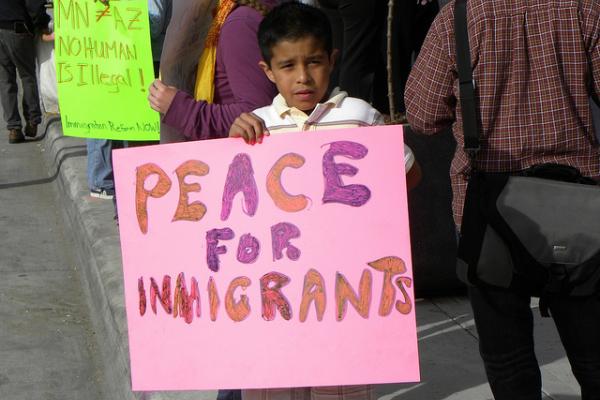Dec 13, 2017
The study “highlights how policies can have effects far beyond, perhaps, the individuals that are targeted by those policies,” Samantha Artiga, director of Kaiser’s Disparities Policy Project and co-author of the study, said. “We really hear how those feelings of fear and uncertainty have impacts on their health.”
Read the Full Article

Already a subscriber? Login
